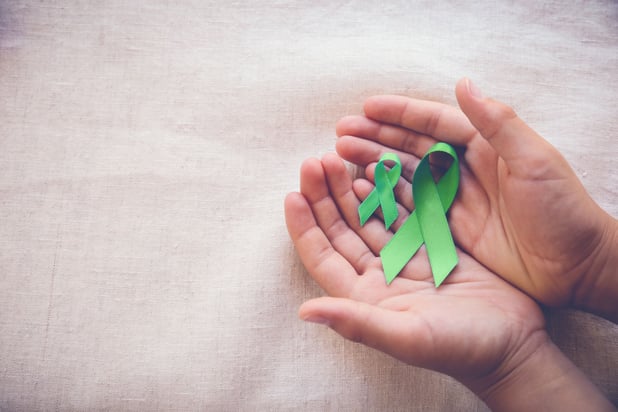 https://www.soberrecovery.com/images/og-image.gif
https://www.soberrecovery.com/images/og-image.gif
 https://cimg0.ibsrv.net/cimg/www.soberrecovery.com/619x412_85/96/MyYoungerSelf-478096.jpg
619
412
https://cimg0.ibsrv.net/cimg/www.soberrecovery.com/619x412_85/96/MyYoungerSelf-478096.jpg
619
412
How the #MyYoungerSelf Campaign Sheds Light On Mental Health
By Nicole Arzt, M.S., L.M.F.T. 619
412
https://cimg0.ibsrv.net/cimg/www.soberrecovery.com/619x412_85/96/MyYoungerSelf-478096.jpg
619
412
https://cimg0.ibsrv.net/cimg/www.soberrecovery.com/619x412_85/96/MyYoungerSelf-478096.jpg
Over 17 million children have or have had a mental health disorder, which outranks all cancer, diabetes, and AIDS diagnoses combined. Despite these staggering statistics, children (and their families) face challenges and stigmatization when seeking appropriate treatment.
In 2016, the Child’s Mind Institute launched the #MyYoungerSelf campaign as a platform for celebrities and social influencers to share personal stories regarding mental health. Through simple Youtube videos, these well-known individuals open about their struggles via the dialogue of speaking to their younger selves.
Why #MyYoungerSelf Matters
We all know that childhood and adolescence represent times of pronounced vulnerability. No doubt, those younger years can be messy, awkward, and confusing. Most children don't know how to talk about their feelings. Moreover, they may shame themselves for having negative thoughts or emotions.
Children need role models. They may not have the ability to see past the current moment. What they're feeling right now often feels like it's never going to end.
Role models can help bridge this uncomfortable gap. Healthy and positive role models provide a sense of resilience for children and adolescents. A teenager with depression may feel incredibly alone and embarrassed over their condition.
However, if that teen finds out their favorite musician also struggles with depression, they may experience a sense of relief. The teen may realize that they are not alone and they are certainly not crazy. The fact is someone they admire has similar struggles and has learned how to conquer through them.
Mental Illness In Teenagers
For most people, mental illness emerges in adolescence. The National Institute on Mental Illness reveals that 50 percent of all mental illness cases develop by age 14, and 75 percent develop by age 24. Half of the teenagers with a mental illness dropout of high school. 70 percent of the youth in local juvenile systems have a mental illness.
As mentioned, mental illness continues to be pervasive among our youth. Suicide continues to be the second leading cause of death for people ages 10-24. Moreover, 4 out of 5 teenagers who attempt suicide have given clear warnings of their intentions.
While mental illness looks different for everyone, common warning signs include:
- persistent feelings of sadness
- attempts to harm self
- increased compulsive or risk-taking behaviors
- dramatic changes in weight or general appearance
- abusing drugs or alcohol
- problems in school
- a sudden change of friends
- withdrawal from normal daily activities
Anyone of these warning signs could indicate a mental illness. With that in mind, some children will go to great lengths to conceal their struggles from loved ones.
Ending The Stigma
Although we are continuing to raise awareness about the perils of mental illness, we still have tremendous work ahead of us.
While talking about mental health is one thing, it's essential that our youth have access to treatment resources. As a society, we need to continue emphasizing the benefits of support. We need to keep talking about reaching out for help and seeking psychotherapy.
From viral campaigns to simple conversations, we must make it safe for people to talk about finding solutions. After all, we all hold significant responsibility in ensuring the health of our youth.
If you or someone you know is seeking professional help, please visit our directory of mental health resources or call 800-891-8171 to start the path to recovery today.






